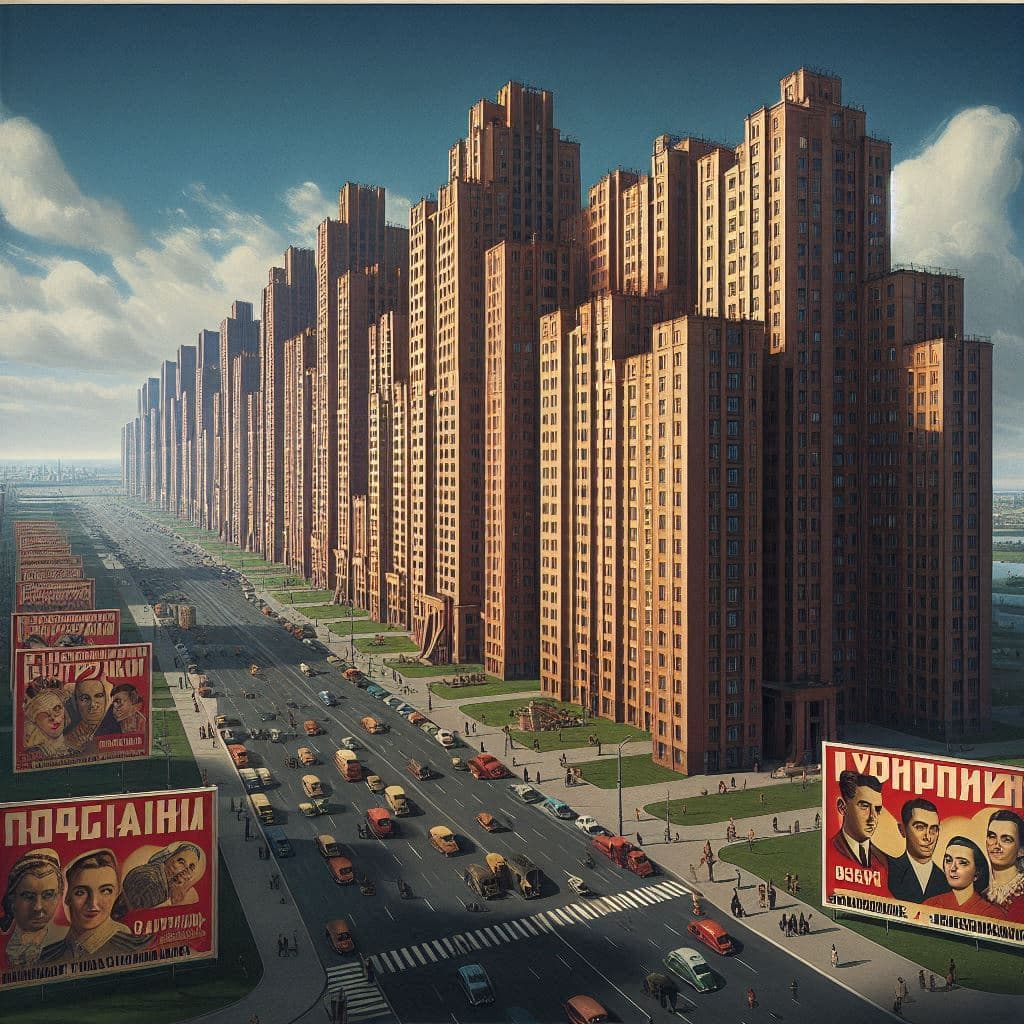Backward-looking rail unions need to stop defending outdated practices
SUGGESTED



Many workers on the railways seem to share this devotion to the past, but not in a good way.
The next rail strike is due on July 27th. It has been called by the RMT, properly the National Union of Rail, Maritime and Transport Workers. The core of the RMT is what used to be called the National Union of Railwaymen, itself having roots in organisations such as the Amalgamated Society of Railway Servants in the middle of the nineteenth century. The RMT embraces many jobs which had obvious counterparts in the Victorian era, such as signalling, issuing and collecting tickets, and maintaining tracks and rolling stock; many of these roles have been only superficially updated. And there is a reluctance to move very quickly in updating them further.
The rail industry’s 115,000 directly employed workers are represented by three unions. The second largest is ASLEF, the train drivers’ union, which has also voted for strike action, but on July 30th. ASLEF has not bothered to update its official name: it proudly remains the Associated Society of Locomotive Engineers and Firemen. This is despite there having been no firemen since abandoning steam engines in 1967, and there being relatively few locomotives left (most passenger trains are multiple units which can be driven from either end). There have been women train drivers since 1980, by the way: their numbers continue to grow.
The third union is the TSSA – the Transport Salaried Staffs’ Association. Another archaic title, given that everybody working directly for the railways has been salaried for donkeys’ years. This union’s membership is mainly managers and administrators. They too have voted for strike action.
These distinct groups of rail employees have existed almost since the railways began nearly two centuries ago. And their approach to 21st century problems is often backwards-looking and concerned with demarcations.
The unions are demanding big pay increases and pledges of no involuntary redundancies. They are also showing little willingness to consider some fairly obvious changes in their work patterns – for instance new, safer, methods of track inspection, closure of many ticket offices now people book online or use machines, allowing drivers to open and close train doors without the intervention of an unnecessary guard, and changing shift patterns to reflect changed demand and lifestyles. Driverless trains, needless to say, remain as distant as flying cars and holidays on Mars.
Railway strikes inconvenience people – though, with increased working from home, rather less than in the days when bowler-hatted clerks caught the 7.48 from Surbiton every morning without fail.
So there’s always pressure to reach agreement and end bothersome strikes by fudging the result. As has so often occurred in the past, there is a temptation to forget about meaningful reform of working practices and just try to get the trains moving again.
Will things be different this time? They surely ought to be. We have come out of a two-year period of intermittent lockdown when the government has poured unprecedented amounts of public money into the railways. Even before Covid, the government was typically paying about £6 billion a year to subsidise operating costs and a further £6 billion in investment. But the collapse of passenger numbers meant that in 2020-21 the government was covering 80% of all operating costs. So railway workers were being massively subsidised, and paid their regular salaries, while many in the rest of the workforce were facing pay cuts or losing their jobs.
Passenger numbers are recovering – on some days in May and early June they were back to 85-90% of pre-Covid levels in parts of the network. But fare revenue is still way down; commuter and business travel, the most profitable parts of the business, are still in the doldrums and unlikely to get back to previous levels. Leisure travel is in some cases actually up, but this is often paid for by heavily discounted fares. The reality is that fare income is only around 60-70% of the level in 2019, while many costs have risen sharply.
Against this background, large pay increases without a commitment to meaningful productivity increases are difficult to justify. Ignoring relatively marginal increases in revenue from freight – which has been doing quite well since Covid but which is privately financed and only pays for the use of the track – higher wages can only be paid for by the taxpayer or the passenger.
There are many calls on the poor old taxpayer, and at a time when many people are talking about cuts in taxation and public spending, it is very difficult to see that the current level of government financial support of the railways can be maintained, let alone increased to support inflationary pay settlements and unchanged work patterns.
Remember that taxpayer subsidies will primarily benefit the better-off, who use trains more often. Households in the bottom income decile spend £1 a week on train or tube fares; those in the top decile spend £15.
Some have pointed out that scrapping HS2 would help, but the yearly savings would not be as great as is supposed. The massive total cost of the new railway, which people rightly focus on, is being spread over decades. The government could also scrap many of its other rail investment commitments, such as the ‘Northern Powerhouse’ strategic plan or the East-West scheme to link Oxford and Cambridge, but this would not be popular.
As for the passenger, it would be difficult to justify very sharply increasing ticket prices during the current cost-of-living crisis. It would also probably be counter-productive. The commuter is no longer captive to a five-day week, and higher fares will not necessarily mean higher revenue. In current circumstances, passengers are likely to ‘pay’ in terms of reduced services (especially at the weekend and late evening), overcrowding and poorly-maintained rolling stock.
Nor would the workforce escape unscathed. Incomes for some might fall as overtime diminishes. Workloads might increase as staff are not replaced when they leave.
The railway network is still important to this country, as it has been since the 1830s. But it needs reshaping to meet changed demand patterns and to benefit from new technology. To maintain the network and improve it for the future, backward-looking rail unions need to stop defending outdated practices, and the profligate use of an increasingly archaic strike weapon.
5 thoughts on “Backward-looking rail unions need to stop defending outdated practices”
Comments are closed.





I appreciate that three different unions are involved in various disputes,but regarding RMT what outdated practices/ regulations are the train owners/ operators requesting discussed/ changed for modernisation to happen? The working train travelling public in the vast majority are fed up and angry that these Marxist believers can push their agenda in the media without the truth/ facts being aired,thank you.
IEA is a fake ‘organisation’ which gets too much airtime on the BBC and Sky.
Any government should not be held to ransom? The rail unions are managed by Marxist leaders they are Politically motivated to bring down governments , and they they are financed by the Labour Party who are also Marxists ? But they will never admit so , they must be broken !! This government need to grow some balls , Murdoch done it ‘ and this government should do the same sack Strikers and re- employ , but don’t hold you’re breath ? They cannot even stop illegal immigration in rubber boats ?…this Country is going backwards Politician’s today have no back bone , utterly useless .
The rail unions are not marxist. What a load of guff.
The unions are asking for a pay rise to match inflation, that’s all. It’s not even a pay rise in real terms, it’s just to make sure they are not paid less than they were 5 or 10 years ago.
The major shareholders of 28 out of the 30 rail companies are foreign governments – Qartar, Germany, Italy, China.
Ticket prices have gone up every year – and these foreign governments’ profits have gone up every year accordingly.
British rail workers just want a fair share of the ticket price increase rather than give it to foreigners.
At the moment British passengers are being screwed by these foreign governments, as are our British works.
We should support the British people – passengers and workers rather than support the foreign shareholders.
It’s no surprise that Len Shackleton works for the mysteriously funded IEA – the Institute for Economic Affairs. They have an unhealthy influence on government policy – far more influence than your vote or mine.
But the IEA represents significant money. But they won’t say who they are funded by. Ever wondered why?